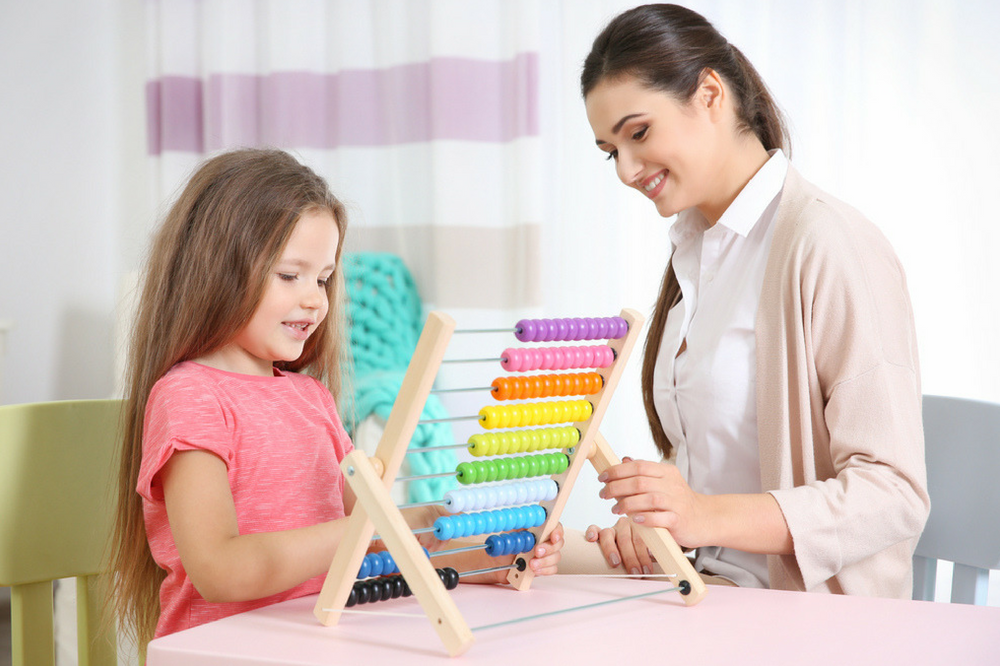Many parents who wish to ensure a bright future for their children delve into occupational therapy and for a good reason. Contrary to common belief, treatment is not only for distressed adults. Kids can take advantage of this type of therapeutic intervention to help set the pace towards self-reliance and future success.
If you think about it, occupational therapists can fill various vital roles in the lives of children whom they treat. They can be your child’s friend, fan and mentor. That said, it is often unclear to parents how their children can benefit from such services.
What exactly can an occupational therapist do for your child?
A range of toys can be seen in the office or workbag of an occupational therapist. These toys define the ages and capabilities of their patient. For instance, a child might handle tossing and observing a ball throughout one session with his therapist while another might play with a visual puzzle. The ball exercise is most likely to improve gross motor abilities while the puzzle is utilised to handle visual processing and cognitive skills.
Toys hold a distinction in occupational therapy for children because they permit children to enhance their capabilities without even realising it. The therapist provides a toy during each session under the pretext of having fun which makes it more engaging for children. Their patients can then jump in and benefit from the activity without any reservation. As a result, an occupational therapist can make significant strides in a child’s development which would otherwise be inaccessible to other people.
Improves social interaction
Children with a developmental problem frequently struggle to facilitate any form of social interaction. It is, therefore, the job of an occupational therapist to examine these challenges and introduce “tweaks” in the way of social exercises for improvement. Social lessons usually are based upon interactions with friends and member of the family, so they happen either in the house or school.
Sessions suggested to boost a child’s social capability may need a concept as comfy as a specific discussion, or something more complicated, such as strengthening proper behaviour in the kid’s class. Similar to play sessions, work focusing on social skills is included naturally into the kid’s life so that the client can act and respond as regular as possible to the methods being taught.
Teach invaluable life skills to children
Kids who are physically or otherwise handicapped have to discover self-reliance and self-care in distinct techniques. In this area, their professional treatment sessions are based in the house or a simulated environment. Self-care exercises may include the intro of basic hygiene such as brushing teeth and utilising antiperspirant and everyday basics such as feeding and dressing oneself.
To make sure the kid’s maximum self-reliance, a therapist should initially analyse correctly what children can do on their own. Only then can they identify areas of weaknesses which they can then work. Due to each kid’s unique situations, self-care exercises almost always vary from one patient to another.



